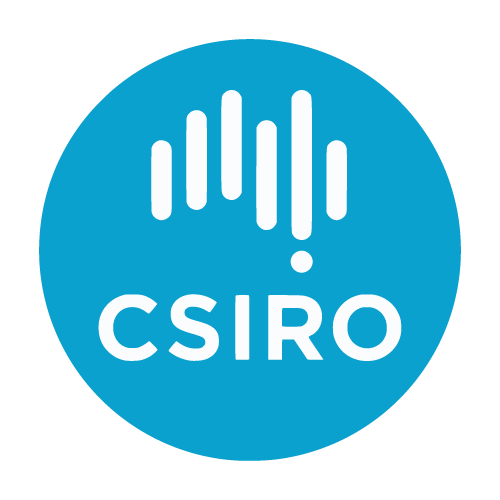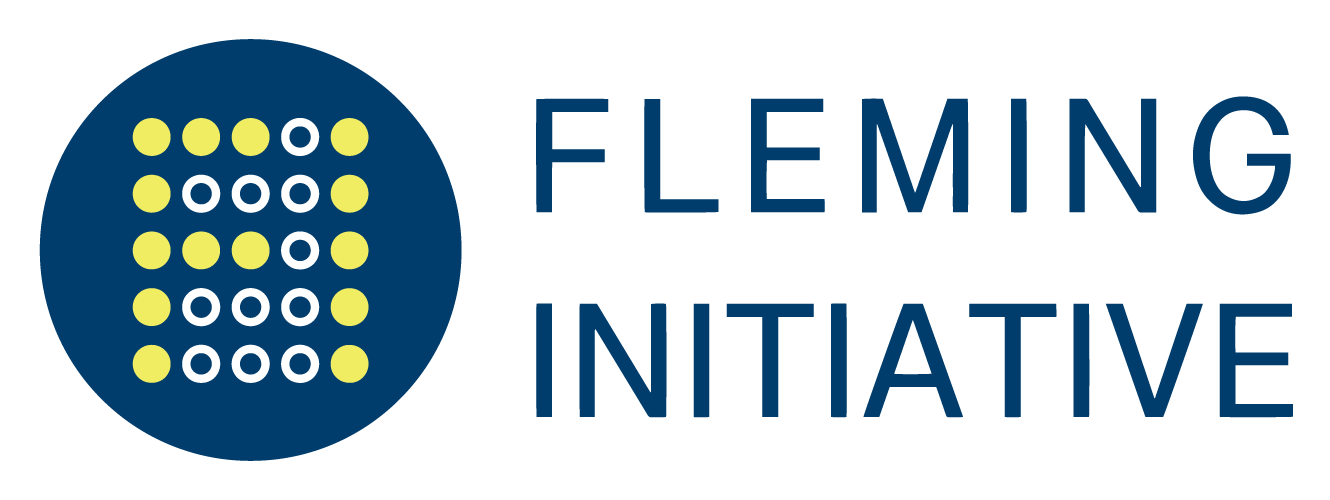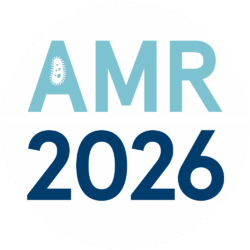February 18-20, 2026 | Sydney, Australia
Sheraton Grand Sydney Hyde Park
A unique invitation-only* summit focused on a One Health approach to antimicrobial resistance (AMR), hosted by Australia’s National Science Agency, CSIRO, and the Fleming Initiative.
*We welcome expressions of interest to attend the event. Due to limited capacity, we will balance representation from different sectors, organisations, and countries to help ensure diversity of thought and experience.
Featuring:
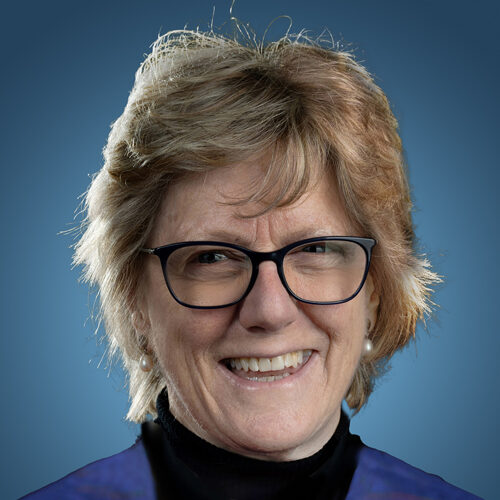
Sally Davies
UK Special Envoy on AMR
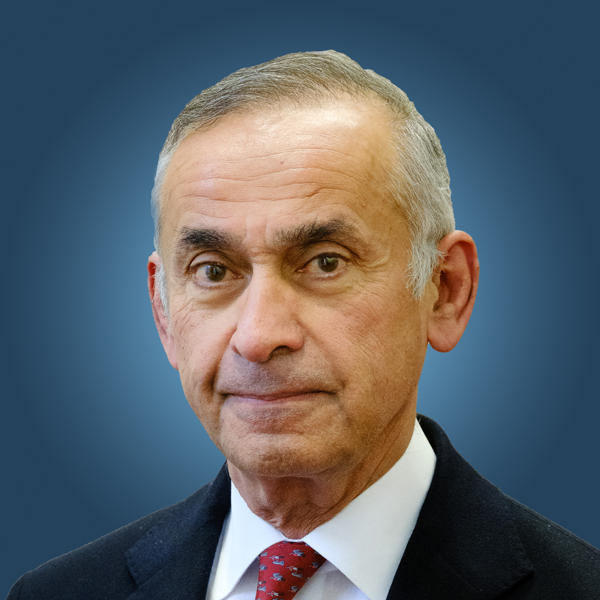
Lord Ara Darzi
Executive Chair, Fleming Initiative
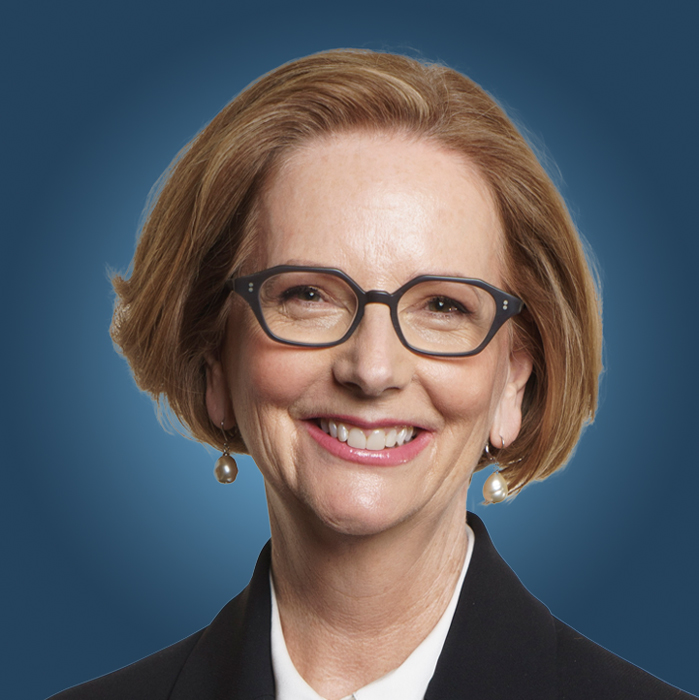
Hon. Julia Gillard
27th Prime Minister of Australia
Chair, Wellcome Trust

Sir Jim O’Neill
Member of the House of Lords,
Chair of the 2016 Review on Antimicrobial Resistance
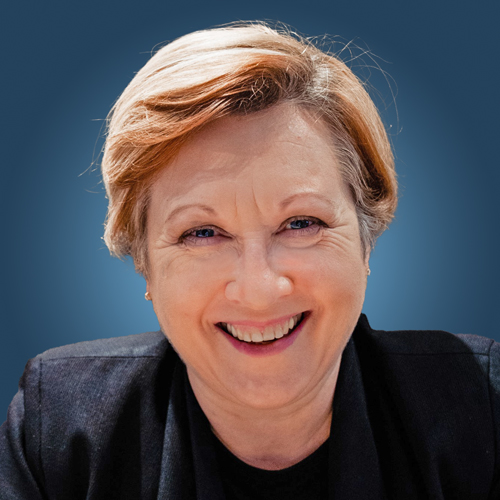
Rosemary Addis, AM
Founding Managing Partner, Mondiale Impact
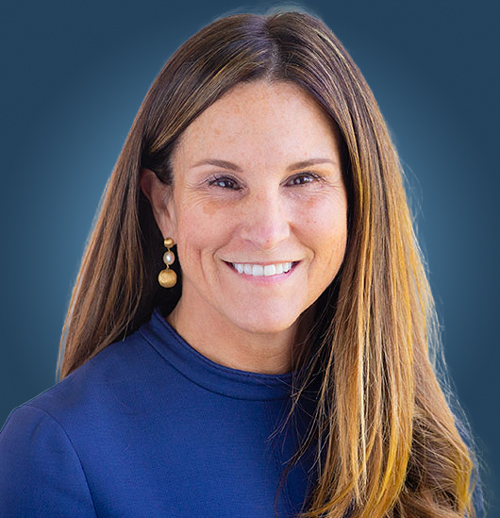
Erin Duffy
Chief of Research & Development at CARB-X
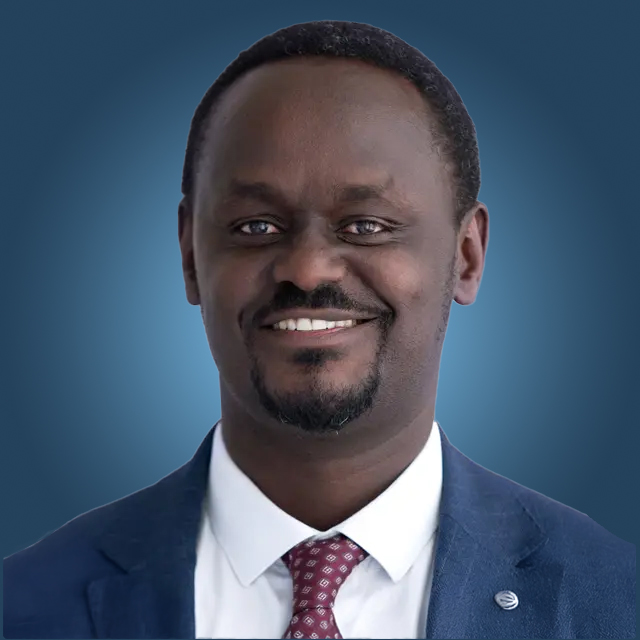
Jean Pierre Nyemazi
Quadripartite Joint Secretariat on AMR
and Global Coordination and Partnership at WHO
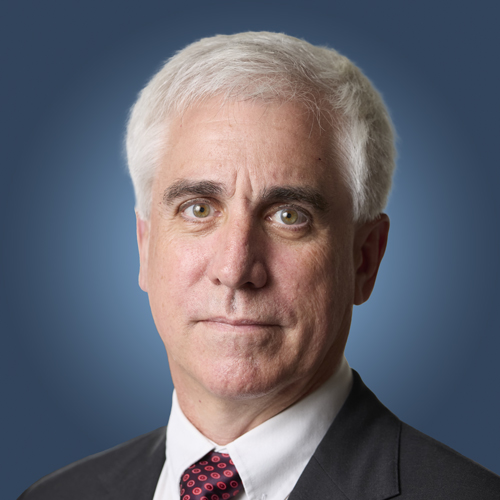
Henry Skinner
CEO, AMR Action Fund
Read bio
Henry Skinner, PhD, MS Bioethics, CEO of the AMR Action Fund, has spent his career working to overcome the scientific and economic challenges associated with antimicrobial drug development. His cross-disciplinary expertise has been essential to shaping the AMR Action Fund’s investment portfolio and policy priorities, with an emphasis on issues pertaining to R&D, innovative financing, and equitable access.
Prior to joining the AMR Action Fund, Dr. Skinner held leadership positions across the pharmaceutical, biotech, and venture capital sectors. He was a postdoctoral fellow at Baylor College of Medicine in the department of Human and Molecular Genetics, earned a PhD in Microbiology and an MS in Biochemistry from the University of Illinois; an MS in Bioethics from Harvard Medical School; an MJur in Health Law, Policy, and Management from Texas A&M; and an MS and BS in Biology/Biotechnology from Worcester Polytechnic Institute.
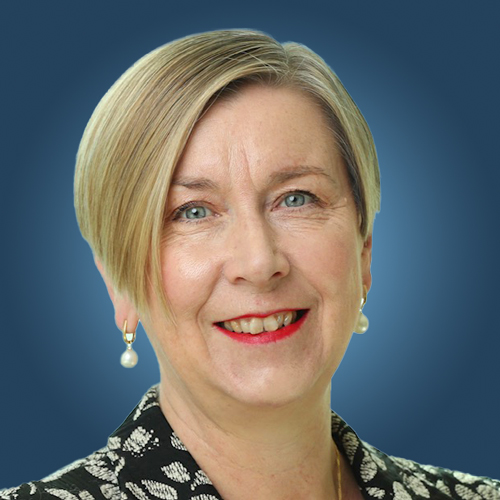
Jane Halton
Chair, Coalition for Epidemic Preparedness Innovations, Institute of Health Metrics and Evaluation, and Ngamuru Advisory.
Read bio
Jane Halton is Chair of the Coalition for Epidemic Preparedness Innovations, the Institute for Health Metrics and Evaluation, and Ngamuru Advisory. She serves on the boards of Vet Partners, ASPI, Clayton Utz, and the Australian Film, Television and Radio School. Her previous roles include Chair of Suncorp Bank, Crown Resorts, and co-chair of the Global COVAX mechanism. A former Secretary of both the Department of Health and Department of Finance, Jane has deep expertise in public policy, finance, health, and ageing. Internationally, she has held senior roles with the World Health Organization and chaired the OECD Health Committee. She is an Honorary Professor at ANU and Adjunct Professor at the Universities of Sydney and Canberra. Jane has contributed significantly to public health, including tobacco control and communicable disease, and has received numerous honours including the Order of Australia and election to the US National Academy of Medicine.
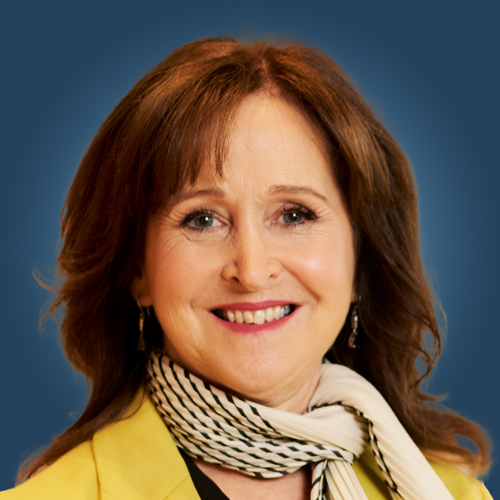
Debby Blakey
CEO, HESTA
Read bio
Debby Blakey, GAICD, is the CEO of HESTA, Australia’s $97 billion superannuation fund for health and community services workers. With over 30 years’ experience in the superannuation and financial services sectors, she holds qualifications in Mathematics, Computer Science, Financial Advice, Governance, Pension Fund Design and Sustainability.
Debby’s leadership is characterised by a ‘people-first’ approach, focusing on enhancing member experiences and financial outcomes while also ensuring operational rigour and excellence. She is a strong advocate for innovation and transformation within the superannuation industry.
Debby is the President of the Australian Council of Superannuation Investors (ACSI), a Director of the International Corporate Governance Network (ICGN) and is the founding Chair of the 40:40 Vision initiative – promoting gender equality at executive and Board level in ASX300 companies.
Under Debby’s leadership, HESTA has been called the ‘corporate conscience of Australia’ for its commitment to strong governance, environmental management and gender equality.
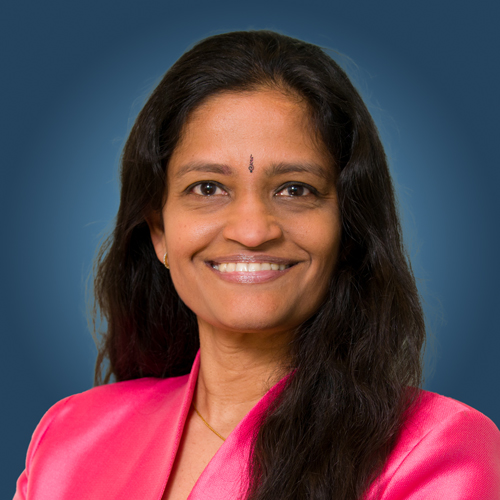
Jayasree K. Iyer
CEO, Access to Medicine Foundation
Read bio
Jayasree K. Iyer is the CEO of the Access to Medicine Foundation, where she leads its mission to drive change in global healthcare by engaging pharmaceutical companies to expand access to essential medicines in low- and middle-income countries. With expertise in addressing complex issues like drug pricing, intellectual property, and industry R&D priorities, she connects rigorous research insights with actionable solutions to improve global health. Under her leadership, the Foundation has also become a key player in engaging investors, holding the largest health-focused signatory network with over 145 investor signatories managing more than $22 trillion in assets under management. Jayasree is also invited as an independent observer to board meetings for several nonprofit organisations and serves on advisory and sustainability committees for both industry and NGOs. A recognised thought leader, she writes, speaks, and advises organisations on global health challenges. Jayasree regularly speaks at high-level forums, including the United Nations, World Health Organization, and World Economic Forum, and has been featured in leading outlets such as The Lancet, Fortune and Financial Times.
And many more
Stakeholders will be invited from diverse disciplines and geographies. They will include government and industry stakeholders, funders, entrepreneurs, and researchers with expertise across the One Health spectrum.
The Summit will cover ‘what’s worked and not worked’ rather than ‘what should be done’.
The aim of the Summit is to ensure ongoing attention is being placed on tackling the global AMR challenge, and move partners from thoughts and talks to implementation and impact.
These objectives will be achieved by:
- Convening people from the public, private, and research sectors who directly and indirectly support and drive AMR initiatives.
- Introducing new partners, patients, and communities, including those who have not traditionally been the focus in the AMR ecosystem.
- Enabling participating nations to discuss their AMR initiatives and plans, and share their AMR successes and challenges.
- Creating a forum for collaboration to improve knowledge-sharing between and within differing geographies and sectors, reduce duplication of effort, and facilitate efficient progress tracking.
- Providing a nuanced understanding of AMR’s regional landscape and test new creative concepts for ensuring safe, available, effective, and affordable antibiotics, diagnostics and vaccines.
